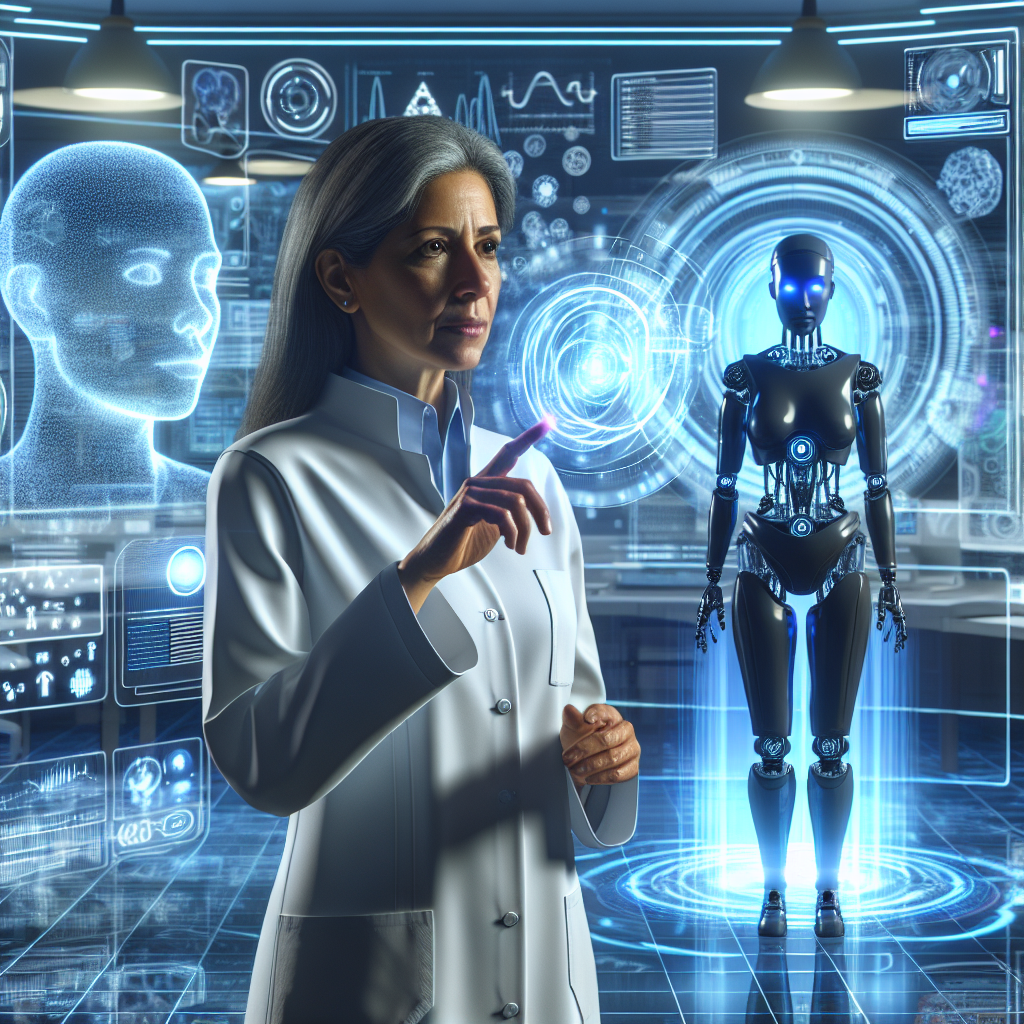[ad_1]
Introduction
As technology rapidly evolves, the interaction between humans and machines has taken on new dimensions. The concept of “thoughts in translation” embodies the notion that machines can understand human intentions and emotions beyond mere commands. This article delves into the future of human-machine interaction, focusing on advancements in artificial intelligence, the integration of natural language processing, and the implications of these technologies on our daily lives.
Understanding Human-Machine Interaction
Human-Machine Interaction (HMI) refers to the ways in which humans communicate with machines and vice versa. Historically dominated by manual command inputs, the landscape of HMI is evolving towards intuitive interfaces and smart systems.
Key Components of Human-Machine Interaction
- Natural Language Processing (NLP): The ability of machines to understand and interpret human language.
- Machine Learning (ML): Algorithms that allow machines to learn from data and improve their performance over time.
- Emotion Recognition: Technologies that identify and interpret human emotional states.
- Brain-Computer Interfaces (BCIs): Devices that enable direct communication between the brain and external devices.
The Evolution of Technology in HMI
Historical Context
To appreciate the present and future of HMI, it’s crucial to understand its history. From early computing interfaces that required specialized knowledge to today’s intuitive touch and voice interfaces, the journey has been remarkable.
Modern Advances
- Voice Recognition Technology: Systems like Siri and Alexa have made it easier for users to interact with technology using natural language.
- Augmented and Virtual Reality: These technologies create immersive experiences, changing how we interact with digital environments.
- AI-Powered Chatbots: Used in customer service, chatbots have become adept at understanding and responding to user queries.
Data Insights into Human-Machine Interaction
The following table highlights key data related to the impact of human-machine interaction across different sectors:
| Sector | Impact of HMI | Projected Growth (2024) |
|---|---|---|
| Healthcare | Improved patient engagement and diagnostics | 18% |
| Finance | Enhanced customer service and fraud detection | 22% |
| Retail | Personalized shopping experiences | 25% |
| Transportation | Autonomous vehicles and smart logistics | 30% |
Future Trends in Human-Machine Interaction
Continued Integration of AI
AI will remain at the forefront of HMI, enabling machines to better understand human context, preferences, and emotions. This will lead to more seamless experiences in various applications.
Emphasis on Ethical AI
As machines become more integrated into our lives, the ethical implications of their interactions will be a central concern. Future developments will likely include:
- Fairness in algorithmic decision-making.
- Transparency in AI processes.
- Accountability for machine actions.
Enhanced Brain-Computer Interfaces
The development of more advanced BCIs will allow for unprecedented direct communication between human thoughts and machines.
“The future is not about man versus machine, but man with machine.”
Conclusion
As we look towards the future, the landscape of human-machine interaction is poised for transformative changes. The convergence of advanced technologies, like AI and BCIs, will redefine how we connect with our devices, making interactions more intuitive and layered with understanding. The future is bright, but it also comes with challenges, particularly around ethical considerations that must be addressed as we integrate these technologies deeper into our lives.
Frequently Asked Questions
What is Human-Machine Interaction?
Human-Machine Interaction (HMI) refers to the communication methods between humans and machines, encompassing everything from simple commands to complex emotional exchanges.
How does Natural Language Processing work?
NLP involves algorithms that enable machines to understand, interpret, and generate human language, allowing for more natural interactions.
What role will AI play in future interactions?
AI will enhance understanding and personalization in human-machine interactions, creating more intuitive and responsive systems.
Why is ethical AI important?
Ethical AI ensures fairness, accountability, and transparency in how machines make decisions, especially as they become more autonomous.
[ad_2]
